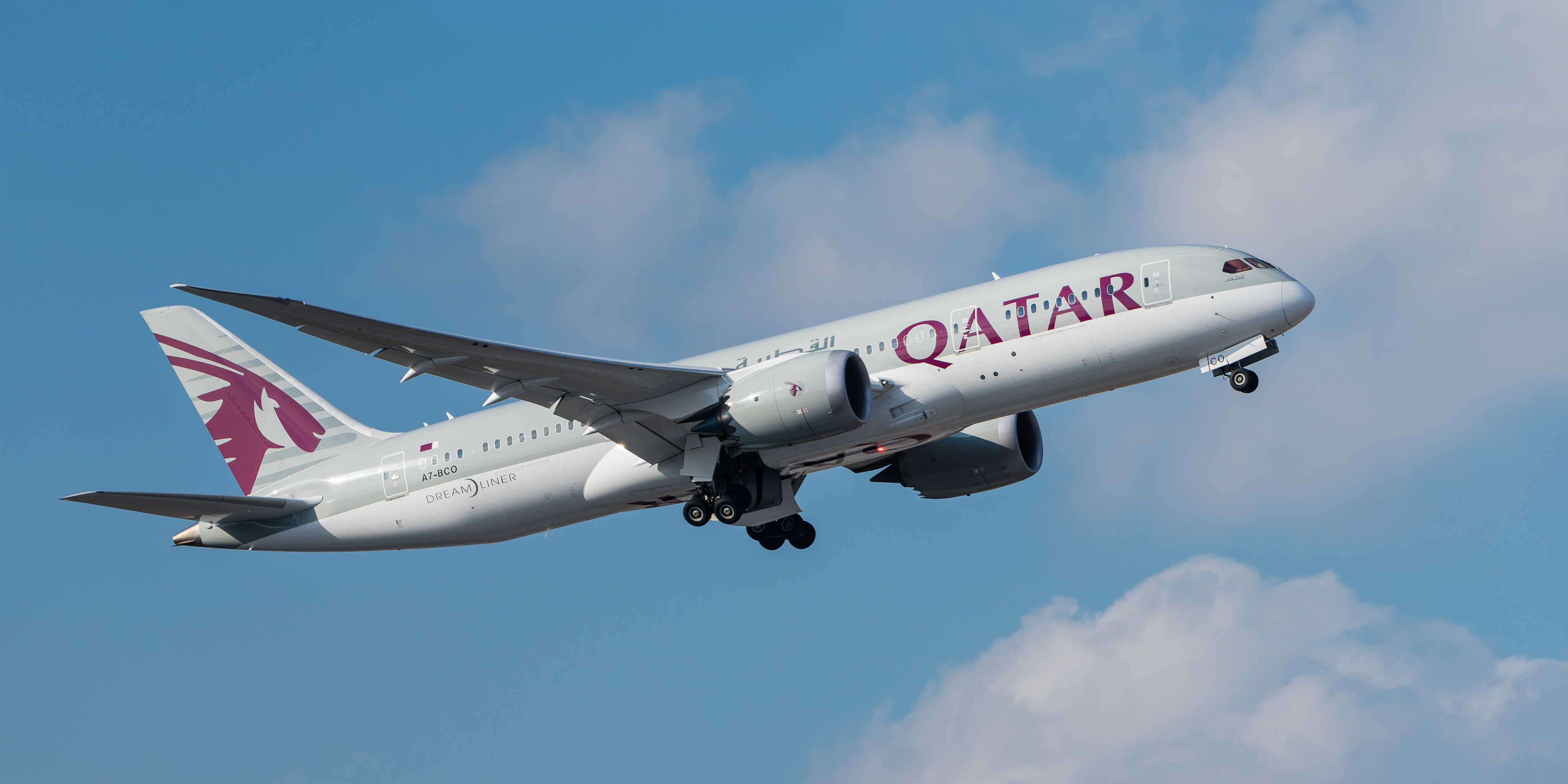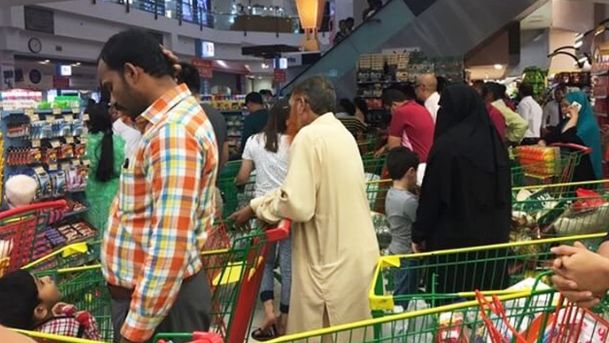Amidst the raging Gulf crisis, there is still hope for conciliation as Qatar’s foreign minister Sheikh Tamim Bin Hamad Al Thani said today that Doha was ready for mediation efforts after the Arab’s biggest power severed ties with it, adding that Qatar’s ruler had delayed a speech in order to give Kuwait a chance to ease regional tensions.
It is worthy to mention worthy that Saudi Arabia, Egypt, the United Arab Emirates and Bahrain severed diplomatic relations with Qatar in a coordinated move yesterday. Yemen, Libya's eastern-based government and the Maldives joined later and transport links were shut down.
Foreign Minister of Qatar Shaikh Tamim Bin Hamad Al Thani spoke by telephone overnight with his counterpart in Kuwait, which has maintained diplomatic ties with Qatar, and decided to postpone a speech to the Qatari people as requested. Doha also decided not to retaliate against the measures.
The Foreign Minister said, “Qatar wants to give Kuwait's Shaikh Sabah Al Ahmad Al Jaber Al Sabah the ability to proceed and communicate with the parties to the crisis and to try to contain the issue.”
He added that the measures taken against Qatar had an "unprecedented impact" on its citizens and on family relations in the Gulf Arab region, but said Doha will not take counter measures.
He reiterated that “Qatar believes such differences between sister countries must be resolved through dialogue.”
Meanwhile, Kuwait ruler is expected to travel to Saudi Arabia on Tuesday and meet King Salman bin Abdulaziz of Saudi Arabia, over the latest crisis, Gulf Arab officials said.
Also read: UAE, Saudi Arabia, Egypt and Bahrain break ties with Qatar
Amir of Kuwait, His Highness Sheikh Sabah Al Ahmed Al Jaber Al Sabah is acting as a mediator between Doha and some other Gulf Arab states including Saudi Arabia, which have severed diplomatic and transport ties with Doha.
Sushma Swaraj concerns for Indians
When asked to give reaction on the current Gulf crisis, Indian Minister of External Affairs Sushma Swaraj said India didn't foresee any problems for its bilateral relations in the Gulf as it is an internal matter of GCC (Gulf Coordination Council).
She added, “Our only concern is about Indians there. We are trying to find out if any Indians are stuck there. They (Gulf nations) have done this before, we hope things will get better soon.”
Saudi Arabia revokes license of Qatar Airways
Due to the severing of ties of Qatar with Saudi Arabia, UAE and Bahrain, Qatar’s planes have lost the privilege of using the airspace of Bahrain, Saudi Arabia and the UAE and the three countries will not fly their planes into Qatar.
Several Qatar Airways flights have been either delayed or cancelled. Today Qatar Airways ended its silence, amid a barrage of frantic customer calls, confirming that it would refund tickets.
Saudi Arabia's General Authority of Civil Aviation (GACA) has also revoked the license of Qatar Airways and ordered its offices to be closed within 48 hours, the regulatory body said in a statement.
Also read: UAE based airlines Emirates, Etihad Airways, Air Arabia and flydubai suspend flights to Qatar
Any licenses granted to Qatar Airways employees would also be withdrawn, the statement said.
Residents of Doha rush to supermarkets
Meanwhile, due to the current crisis, residents in Doha rushed to supermarkets to stock up on food items. Photographs of empty chiller shelves have already been circulating on social media sites, as residents reportedly cleared out stores of chicken and other fresh and frozen meat in some shops.
Qatar’s main trade partners are Saudi Arabia and the United Arab Emirates and both Riyadh and Abu Dhabi have decided to limit their transactions with Doha.
Analysts have warned that if the current crisis escalates, then it could lead to food shortages and rise of prices. The country imports approximately 90 per cent of its food, with over 40 per cent alone coming via its single land border with Saudi Arabia.
“There will be shortages of food, certain things will be hard to find,” Christian Henderson, a Middle Eastern food expert at SOAS University in London, told a Dubai based newspaper by phone.
Qatar is heavily exposed to the international market, Henderson added, and because it gets so much of its produce through its land border with Saudi Arabia, “prices will undoubtedly rise.”
Dairy, meat, vegetables and other fresh foods are expected to be heavily impacted.






